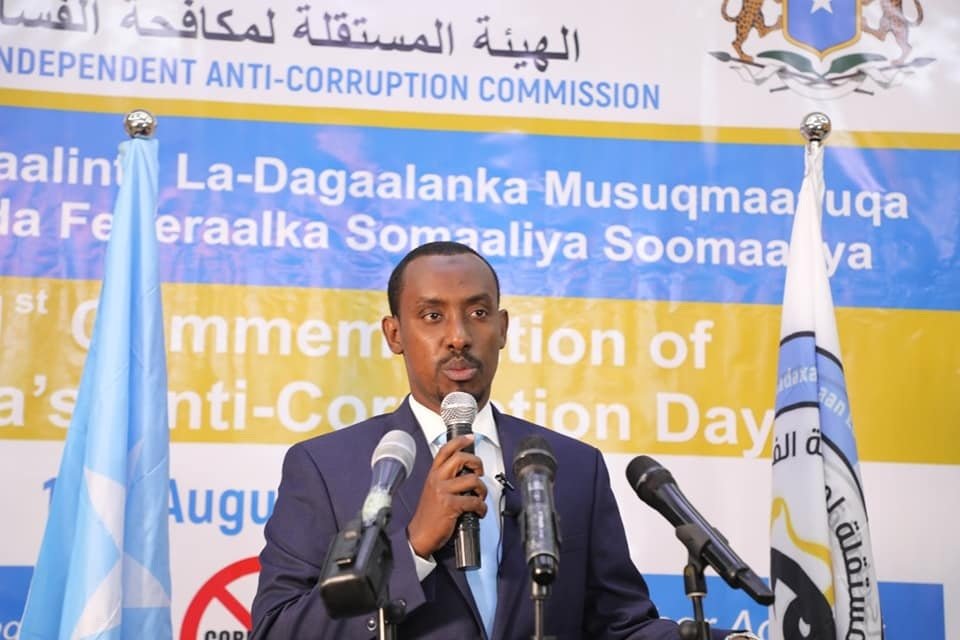Corruption has long been a grave concern for Somalia, hindering its development and undermining public trust in governance. Efforts to combat corruption have become a priority for the government and international partners. In this article, we will evaluate the effectiveness of anti-corruption measures in Somalia, considering both progress made and challenges faced.
1. Legislative Framework:
To address corruption, Somalia has made significant strides in establishing a legislative framework. Key legislation, such as the Anti-Corruption Act, was implemented to criminalize corrupt practices and establish penalties. Additionally, independent bodies like the Anti-Corruption Commission have been established to investigate and prosecute corruption cases.
2. Institutional Reforms:
Somalia has undertaken institutional reforms to build effective anti-corruption institutions. These reforms include capacity building, public procurement reforms, and the establishment of ethics and integrity units within government institutions. These endeavors aim to promote transparency, accountability, and merit-based appointments.
3. International Collaboration:
Somalia has sought international assistance and collaboration to combat corruption. Organizations such as the United Nations, World Bank, and African Union have supported capacity-building programs, provided technical expertise, and assisted in implementing anti-corruption strategies. Cooperation with international partners has bolstered Somalia’s efforts and expanded its anti-corruption network.
4. Challenges Faced:
Despite the progress made, several challenges persist in the fight against corruption in Somalia:
a. Weak Judicial System: The lack of an efficient and impartial judicial system poses significant challenges in prosecuting corruption cases. Insufficient capacity, limited resources, and inadequate protection for whistle-blowers undermine the overall effectiveness of anti-corruption efforts.
b. Widespread Corruption Culture: Deep-rooted corruption has become embedded in societal and cultural norms, making it difficult to combat effectively. Changing such deeply ingrained practices requires sustained efforts and community engagement.
c. Political Interference: Political interference often obstructs corruption investigations and prosecutions. Political will and commitment to combating corruption is crucial to break the cycle of impunity and ensure the effectiveness of anti-corruption efforts.
d. Security Challenges: Ongoing insecurity and the presence of armed groups impede anti-corruption initiatives by intimidating law enforcement agencies, hindering their ability to investigate and prosecute corrupt individuals.
5. Future Strategies:
To enhance the effectiveness of anti-corruption efforts in Somalia, the following measures should be considered:
a. Strengthening Judicial System: Reforming the judiciary and ensuring its independence are pivotal. This includes improving infrastructure, training judges, establishing anti-corruption courts, and protecting judicial personnel from undue influence.
b. Public Awareness and Engagement: Promoting civic education and awareness campaigns can help change societal attitudes towards corruption. Engaging civil society, media, and educational institutions is crucial to instilling a culture of accountability and integrity.
c. Whistle-blower Protection: Introducing comprehensive legislation to protect whistle-blowers and providing mechanisms for reporting corruption anonymously will encourage disclosure of corrupt practices.
d. Enhancing International Cooperation: Somalia should continue engaging with international partners to benefit from their expertise, technical assistance, and cooperation in asset recovery and repatriation of illicit funds.
While Somalia has made noticeable efforts in curbing corruption, significant challenges persist. Strengthening the judicial system, altering societal norms, ensuring political commitment, and addressing security challenges are essential for sustainable progress. By implementing these measures and maintaining international collaboration, Somalia can pave the way for a more accountable and transparent society, thereby fostering development and restoring public confidence in governance.
